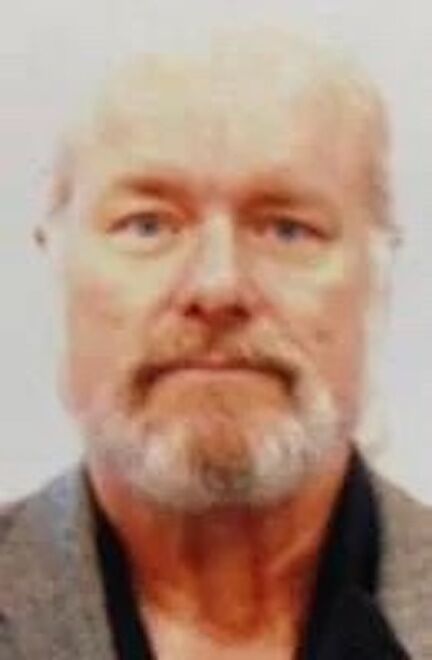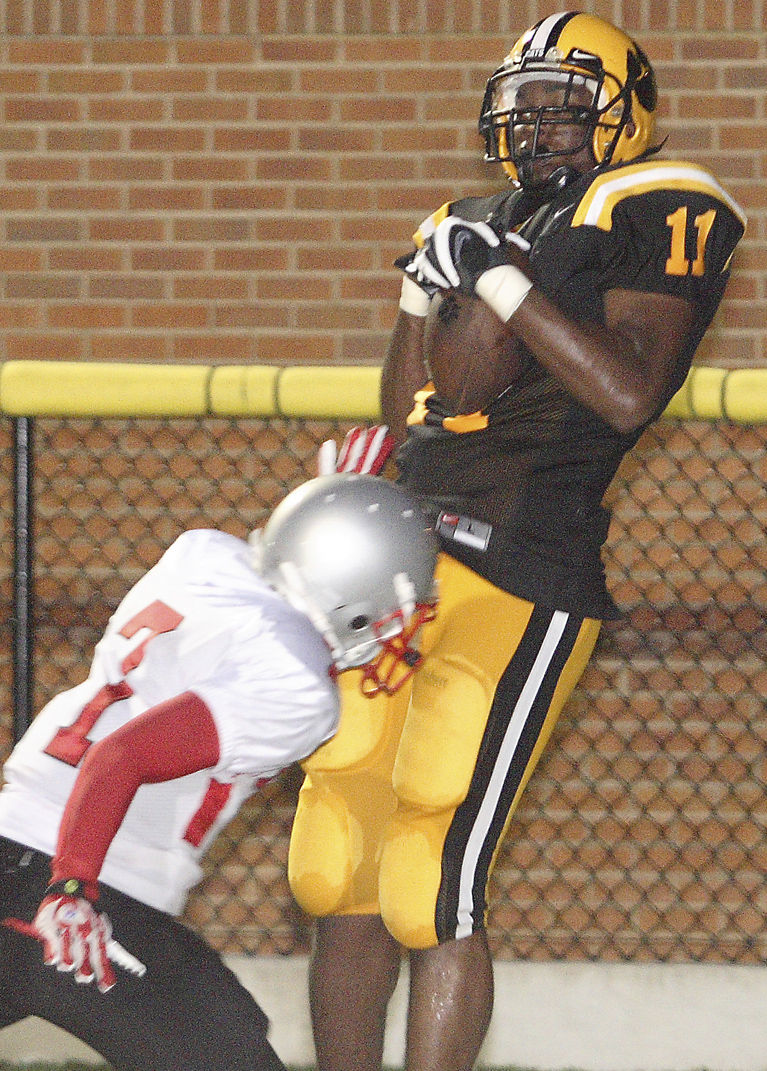DEAN POLING: Washington, an exception, not the rule
Published 6:46 am Tuesday, February 13, 2024

- Dean Poling
We forget he was the exception.
We forget our nation was the exception.
Trending
Two-hundred-plus years, and hopefully more to come, we have taken for granted that self-rule, our republic, our democracy, is the way things are meant to be.
Most experiments in self-rule following a revolution have ended in coups, where a person either seizes control of the government or refuses to leave, usually backed by military forces in either case.
History is littered with wannabe democracies and republics whose good intentions were toppled by the forcible will of one person backed by the military and political collaborators.
Not the United States, though.
Not yet.
America has been the exception.
Trending
No military strong man overthrowing the civilian government.
George Washington was the exception.
Modern histories often center on Washington being a slaveholder and this is an important piece of his life and character that should be examined.
But the crucial point of Washington’s life is that if it weren’t for him, there would be no United States of America as we know it.
As a general with a ragtag army of mostly citizen soldiers, he managed to outlast British forces, which was the predominant world superpower of the late 18th century. Had he been captured during the long years of the American Revolution, he and members of the Continental Congress would have likely been hanged for treason.
As a civilian after the war, he agreed to preside over the Constitutional Convention to create the Constitution which still serves as the basis for the nation’s laws.
As the first president, he opted to step down after two terms in office. He could have been president for the rest of his life, likely elected without opposition again and again, as long as he lived but he chose to step away and allow others to take the reins of power.
His decision began what was then a novel concept of a peaceful transfer of power – a tradition the nation and its leaders faithfully upheld until recent years.
But now 200-plus years later, we take it for granted that immediately after the war, George Washington did not seize power and forcibly make himself a king, a ruler, a dictator of the newly independent America.
He could have easily done so.
In 1783, following the American victory over the British, Washington’s officers were frustrated and angry about the lack of pay and pensions for themselves and their men. They met to debate the possibility of overthrowing Congress.
At that moment, America could have easily become a military dictatorship.
Washington could have arrived at the officers meeting, stoked the flames of their grievances, spurred his officers into action, crushed Congress and made himself an American dictator.
Instead, Washington did not inflame his officers’ grievances. He spoke to their honor and reputations. He spoke against the move against Congress. He spoke of patience, allowing Congress to meet its promises of pay and pensions. He spoke of preserving representative government – the idea for which they fought and suffered.
He understood their grievances but he opposed their plans.
The crux of Washington’s argument was the world is watching.
Can a country that fought to free itself from a king, to establish itself as a representative government, survive?
“And let me conjure you,” Washington concluded, “in the name of our common country – as you value your own sacred honor – as you respect the rights of humanity and as you regard the military and national character of America, to express your utmost horror and detestation of the man who wishes, under any specious pretenses, to overturn the liberties of our country and who wickedly attempts to open the flood gates of civil discord and deluge our rising empire in blood.
“By thus determining – and thus acting, you will pursue the plain and direct road to the attainment of your wishes. You will defeat the insidious designs of our enemies, who are compelled to resort from open force to secret artifice. You will give one more distinguished proof of unexampled patriotism and patient virtue, rising superior to the pressure of the most complicated sufferings; and you will, by the dignity of your conduct, afford occasion for posterity to say, when speaking of the glorious example you have exhibited to mankind, ‘had this day been wanting, the world had never seen the last stage of perfection to which human nature is capable of attaining.’”
At the end of his speech, Washington did a rare thing.
He admitted a vulnerability. Whether planned stagecraft or a moment of necessity, Washington stopped and pulled a pair of glasses from his coat pocket before reading a letter from Congress.
The man who led these officers for years and assured they outlasted the British, the man who was there with them during all of the hardships, who wintered with them at Valley Forge, who remained steadfast in word and deed, said, “Gentlemen, you will permit me to put on my spectacles, for I have not only grown gray but almost blind in service of my country.”
Officers reportedly wept. The officer rebellion was crushed.
Later that year, before Congress, Washington voluntarily resigned his military commission.
“Having now finished the work assigned me, I retire from the great theater of action, and bidding an affectionate farewell to this august body under whose orders I have so long acted, I here offer my commission and take my leave of all the employments of public life.”
Upon hearing that Washington did not plan to seize power and had returned to private life, Britain’s King George III remarked, “If he does that, he will be the greatest man in the world.”
And all of these centuries later, his act of not seizing power as a military dictator remains rare. For human nature has not changed much since the years of Rome and Julius Caesar crossing the Rubicon with his legions.
There have been far more Caesars throughout history than Washingtons or the Roman Cincinnatus, who traded the sword of power for the plow of citizenship.
We grew up in a land established by Washington. It is a history rarely repeated and we should never take that for granted.
Dean Poling is a former editor with The Valdosta Daily Times and The Tifton Gazette.






